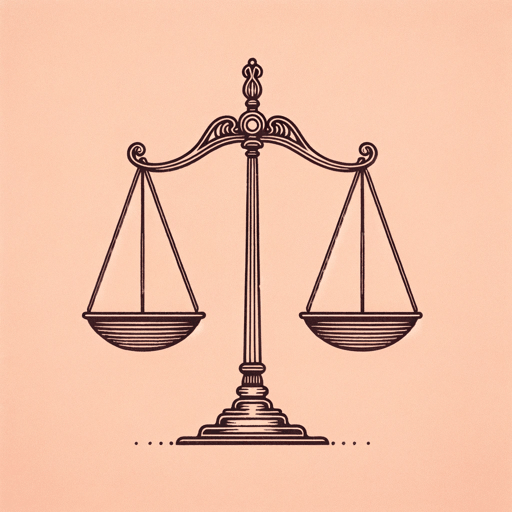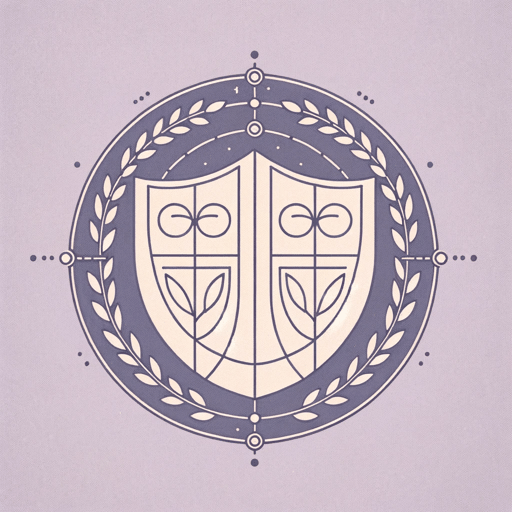41 pages • 1 hour read
AeschylusAgamemnon
Fiction | Play | Adult | Published in 458A modern alternative to SparkNotes and CliffsNotes, SuperSummary offers high-quality Study Guides with detailed chapter summaries and analysis of major themes, characters, and more.
Summary and Study Guide
Overview
Agamemnon is an Attic tragedy—a work of the fifth century BCE in Athens—composed by Aeschylus (circa 525-circa 456 BCE). The play was first performed at the City Dionysia in 458 BCE. Agamemnon was the first part of the Oresteia, Aeschylus’s trilogy on the murder of Agamemnon and its grisly aftermath. It was followed by the tragedies Libation Bearers and Eumenides, which also survived, and by a satyr play titled Proteus, which was lost. The play culminates in Clytemnestra’s murder of her husband, Agamemnon, and explores the themes of The Relationship of Justice to Retribution and Suffering, The Inescapability of Fate, and The Interdependence of Hope and Fear. The play inspired numerous adaptations, performances, and translations, and it remains one of the most widely read and recognized ancient tragedies.
This study guide refers to Richmond Lattimore’s translation of the play from the third edition of the University of Chicago Press series The Complete Greek Tragedies (2013).
Plot Summary
In a brief Prologue, a watchman explains that Clytemnestra stationed him on the roof of the palace to watch every night for the signal fires that will indicate the fall of Troy. He expresses concern for the house and the kingdom of Argos, which were entrusted to Clytemnestra when her husband, King Agamemnon, departed years before to lead the war against Troy. Suddenly, sighting the signal fires, the watchman rejoices and expresses his hope that Agamemnon will set the house in order when he finally returns.
The elders of the chorus of Argive enter and sing the parodos, the chorus’s opening song. They provide, at length, context for Agamemnon’s absence. Agamemnon and his brother, Menelaus, raised an army to punish Paris, the Trojan prince, for carrying off Menelaus’s wife, Helen. Agamemnon was forced to sacrifice his daughter, Iphigenia, to appease the goddess Artemis. The ruin of Troy represents the justice of the gods, with Zeus punishing Paris for abducting the wife of his host, Menelaus. The chorus is apprehensive about the current state of the house of Agamemnon and repeatedly expresses hope that everything will turn out for the best.
Clytemnestra enters. In the first episode, she tells the chorus that Agamemnon was finally victorious over Troy, citing as her source the signal fires from the burning city. She imaginatively describes the progress of the signal fires blazing from Troy until they reach Argos. Clytemnestra’s exit is followed by the first stasimon, in which the chorus expresses joy at the fall of Troy. The singers thank Zeus for punishing the Trojans for their corruption, establishing Paris and Helen as exemplars of this decay. They lament, however, that so many Greeks had to die in the war.
In the second episode, the herald enters to announce that Agamemnon is returning. He confirms that the Greeks were victorious at last as Clytemnestra rejoices. The herald also explains that most of the Greek ships were destroyed by a storm as they were leaving Troy. The herald exits, and the chorus sings the second stasimon, attacking Helen’s actions and saying that the gods always ensure that transgressors are brought to justice.
The third episode is marked by Agamemnon’s arrival. He is accompanied by Cassandra, a princess and seeress of Troy whom he claimed as his prize from the captured city. Clytemnestra gives Agamemnon a lavish welcome and ushers him into the palace on crimson tapestries. He hesitates, expressing concern that stepping on the tapestries would constitute an act of hubris, but he is finally persuaded by Clytemnestra. In the third stasimon that follows the scene, the chorus senses that some disaster is imminent.
During the fourth episode, Clytemnestra asks Cassandra to follow Agamemnon into the palace, but she refuses. Cassandra sings a cryptic song about the past atrocities of Agamemnon and his family and predicts that she is about to be murdered, together with Agamemnon. The chorus is sympathetic to her but does not understand the true significance of her words. Cassandra finally enters the palace, knowing that she is going to her death.
The chorus sings another song, expressing its fear. Soon, Agamemnon is heard screaming from the palace as the chorus, in paired trimeters, debates how to respond.
Clytemnestra reenters triumphant. She stands over the corpses of Agamemnon and Cassandra and boasts that she killed them. In an exchange with the chorus, Clytemnestra justifies her actions. Aegisthus, Agamemnon’s cousin and Clytemnestra’s lover, then enters with his bodyguards. He explains how and why he aided her and forces the chorus to accept him and Clytemnestra as their new masters.
Related Titles
By Aeschylus







